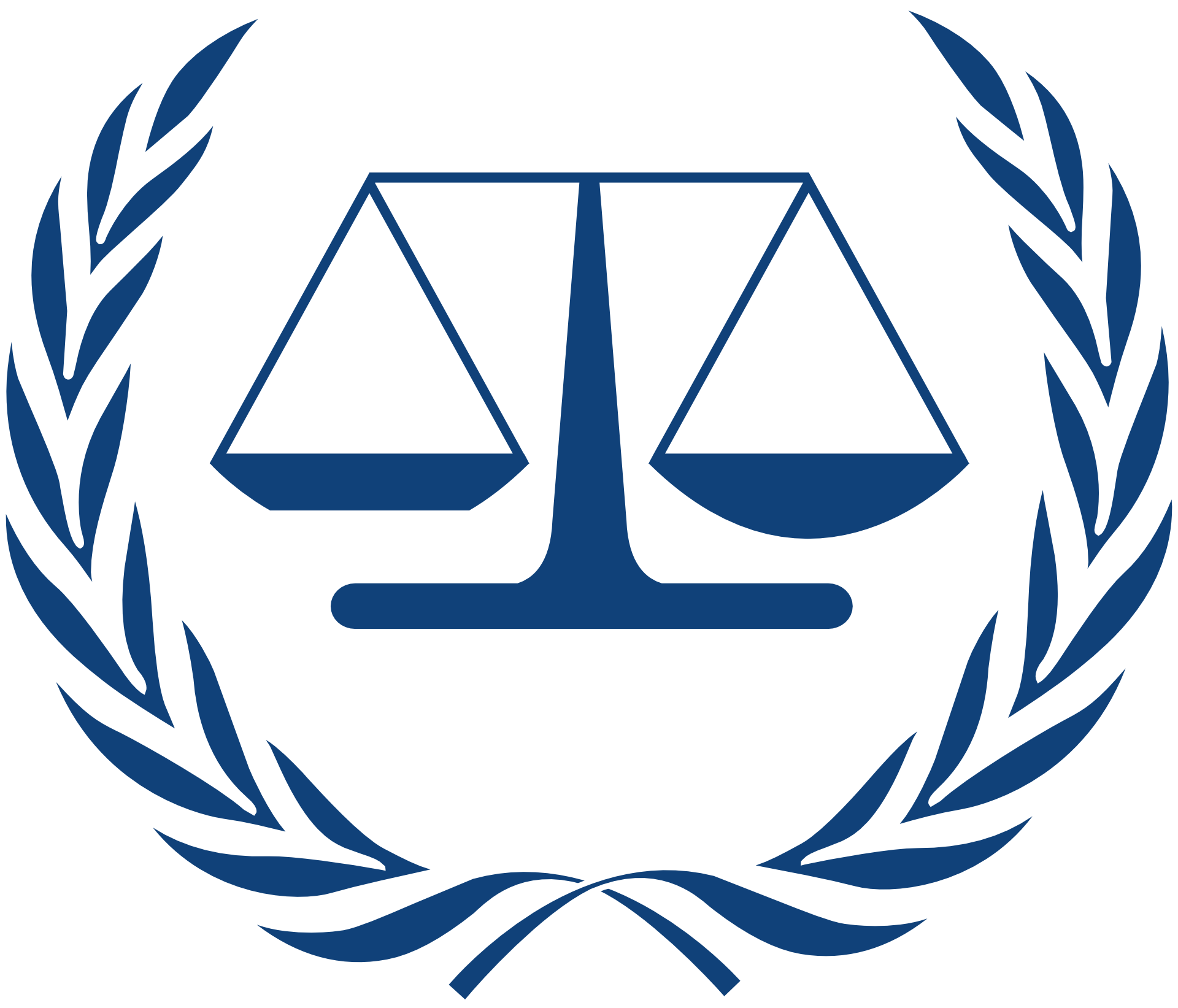Latest blog articles
-
-
Breath in, breath out. Yes, the judgment of the (unlawfully composed) Polish Constitutional Tribunal is a serious challenge to the European Union’s legal system and to the principle of primacy of EU law. No, Poland has not activated the process of withdrawal from the EU under Article 50 TEU. Yes, EU...
-
On Friday 31 July, the Cypriot parliament voted against the Comprehensive Economic and Trade Agreement (CETA) with Canada. This latest development in the ratification process of CETA illustrates perfectly how facultative mixity continuously frustrates our collective interest in seeing the...
-
With the development of international trade, local products have started to spread all around the world and become popular worldwide. Geographical indications (GIs) are meant to protect the use of the name that indicates certain characteristics and the origin of products typical for a particular...
-
What works to make EU law work? Or, how can we ensure that EU law is implemented effectively in the member states? I have researched[1] this question by studying the usefulness of instruments that are meant to support national administrations in the application of EU law or that may otherwise be...
-
This week, the book based on the conference on pluralism in European private law, organised by Leone Niglia of the University of Exeter, was published by Hart Publishing.
-
The Symposium is organised by the ULEP research project and LeCTra Research School (the University of Lapland) in cooperation with M-EPLI (the University of Maastricht).






